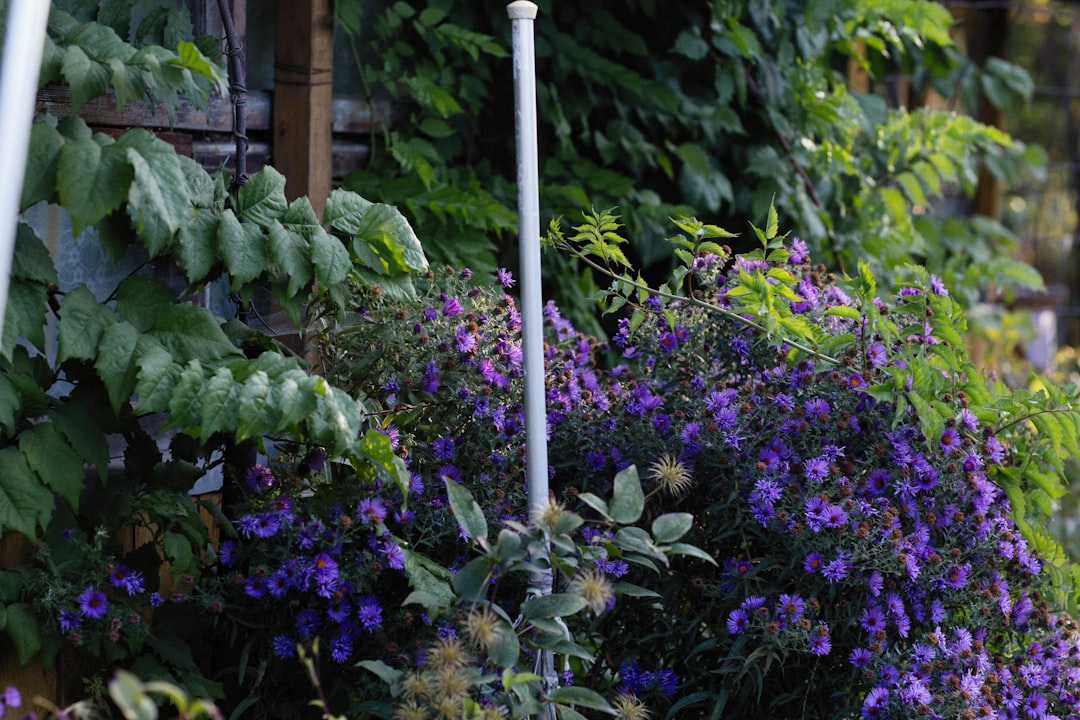The Secret of Unsuccessful Plant Pairings in Your Edible Garden

In the world of edible gardening, it's a well - known fact that not all plants make good neighbors. Just like in human relationships, some plant combinations can lead to a less - than - ideal gardening experience. In your vegetable or herb garden, being aware of which plant pairings to avoid is crucial for a thriving and productive harvest.
One of the most common and well - documented bad pairings is tomatoes and potatoes. Both belong to the nightshade family, and they share many of the same pests and diseases. For instance, they are both susceptible to late blight, a fungal disease that can quickly wipe out an entire crop. When these two plants are grown in close proximity, the spread of diseases becomes much easier. The spores can easily jump from one plant to the other, and the risk of a widespread infection increases significantly. Moreover, they also have similar nutrient requirements. This means that they will compete for the same resources in the soil, such as nitrogen, phosphorus, and potassium. As a result, neither plant may receive an adequate supply of nutrients, leading to stunted growth and reduced yields.
Another pairing to avoid is onions and beans. Onions have a chemical composition that can inhibit the growth of beans. The sulfur compounds released by onions can interfere with the normal development of bean plants. Beans are legumes, which have a symbiotic relationship with nitrogen - fixing bacteria in their root nodules. These bacteria convert atmospheric nitrogen into a form that the plants can use. However, the presence of onions may disrupt this process. The chemicals from onions can affect the bacteria, reducing their ability to fix nitrogen. This can lead to nitrogen deficiency in the bean plants, resulting in yellowing leaves and poor pod development.
Carrots and dill are also a bad match in the garden. Dill is a strong - scented herb that can attract pests that are harmful to carrots. For example, the carrot rust fly is attracted to the smell of dill. Once these pests are in the area, they are likely to also target the carrots. Dill can also grow quite tall and bushy, overshadowing the shorter carrot plants. Carrots need plenty of sunlight to grow properly, and if they are shaded by dill, their growth will be hampered. The lack of sunlight can lead to weak, spindly carrots that are not as flavorful or nutritious as they should be.
Cabbage and strawberries should not be planted together either. Cabbage is a heavy feeder, meaning it requires a large amount of nutrients from the soil. Strawberries, on the other hand, have a more delicate root system and need a well - balanced soil environment. When cabbage and strawberries are planted side by side, the cabbage will take up most of the nutrients, leaving the strawberries starved. Additionally, cabbage is prone to certain pests and diseases, such as cabbage worms and clubroot. These can spread to the strawberry plants, causing damage to the fruit and the overall health of the plants.
Peppers and fennel are another combination to steer clear of. Fennel is known to secrete chemicals into the soil that can be toxic to many other plants, including peppers. These chemicals can inhibit the growth of pepper plants, affecting their root development and overall vigor. Peppers need a healthy root system to absorb water and nutrients effectively. When the roots are damaged by the chemicals from fennel, the pepper plants may become weak and more susceptible to diseases and pests.
In conclusion, understanding which plant pairings to avoid in your vegetable or herb garden is an essential part of successful edible gardening. By being mindful of these combinations, you can prevent the spread of diseases, reduce competition for nutrients, and ensure that each plant has the best possible growing conditions. This will ultimately lead to a more bountiful and healthy harvest, allowing you to enjoy the fruits (and vegetables) of your labor.